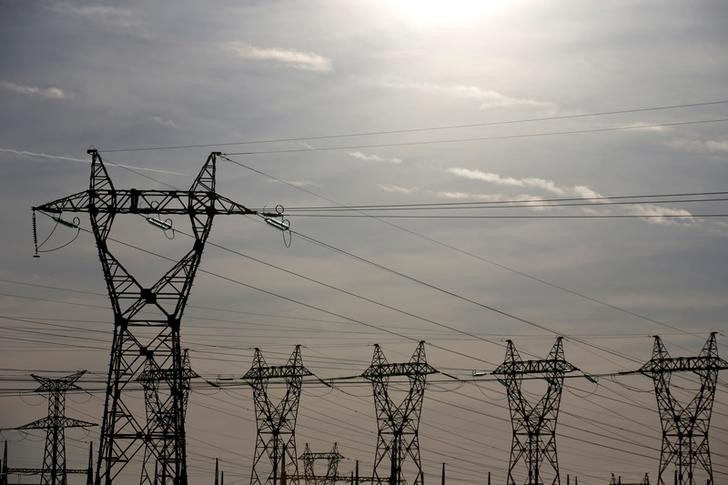By Kate Holton
LONDON (Reuters) - A plan by Prime Minister Theresa May's Conservative Party to cap energy prices suggests some in her government do not believe in free markets at a time when it is pinning its post-Brexit hopes on free trade, the head of the country's leading provider said.
Shares in Centrica (LON:CNA), the owner of British Gas, and SSE (LON:SSE), fell sharply on Monday after May's party set out plans to hold down the prices households pay for gas and electricity which have doubled in the last decade.
Iain Conn, the chief executive of market leader Centrica, said the proposal would damage competition and wipe out any money it made from consumers, forcing it to cut costs and reduce its service.
"I'm the first to admit that the UK market is not perfect," Conn told BBC Radio. "I just don't think that capping prices is the right way to help the market and it probably will have unintended consequences."
"I think there are some at the heart of government who just don't believe in free markets and I find that concerning at a time when this market is highly competitive and the UK is seeking to forge a new future relying upon free trade with the rest of the world."
May last year praised free markets and free trade in a speech to party activists but also said that she would be prepared to intervene where markets were dysfunctional or where companies were exploiting the failures of the market.
Shares in Centrica fell as much as 5 percent at one point on Monday after the Sunday Times said the plans could cut gas and electricity costs by 100 pounds ($128) a year for 17 million families.
The Conservative party has confirmed it will set out plans to intervene in the energy market in its manifesto for the June 8 election, but has not yet gone into details.
The proposal echoes a 2015 election pledge made by the opposition Labour party which was criticised at the time by the Conservatives as being a gimmick that showed the then party leader wanted to live in a "Marxist universe".
Energy bills have doubled in Britain over the past decade to about 1,200 pounds ($1,640) a year, angering consumers who face rising inflation, and drawing the ire of politicians. Energy companies say higher prices reflect increased wholesale costs and environmental levies.
The sector is dominated by the big six providers of Centrica, SSE, Scottish Power, Npower, E.ON and EDF (PA:EDF).
